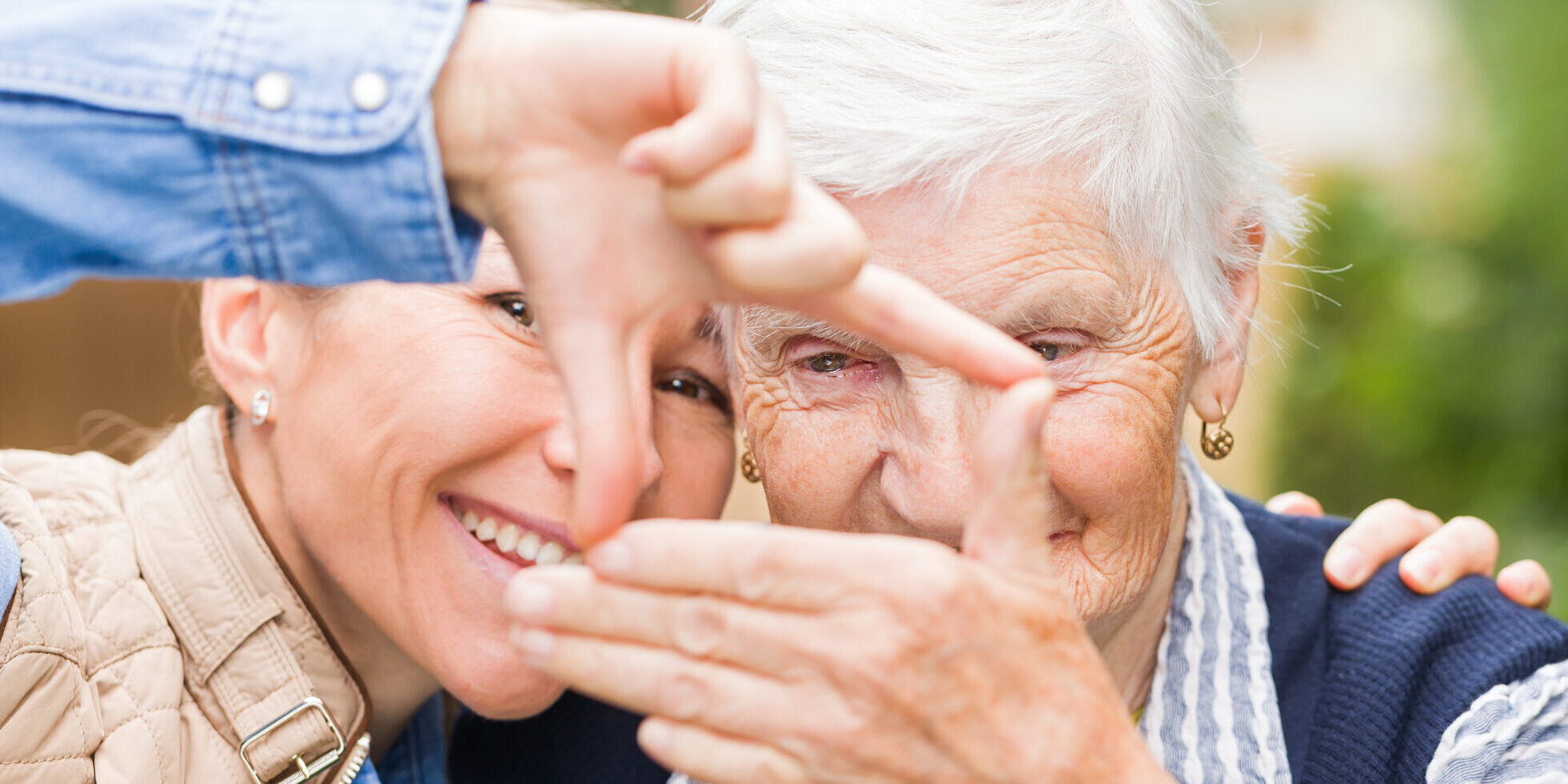Ageism Awareness Day is October 7!
Ageism is the stereotypes, prejudice, and discrimination directed towards others based on their age. Unfortunately, ageism is often practiced and accepted. As people age, society begins to shift its ideas of what those people are capable of, often based on what we think we know of aging.
Ageism Awareness Day gives us the opportunity to reflect and consider our concepts of age and what it means.
Within the context of residential care facilities for the elderly, it is especially important to be aware of ageism and what steps you can take as administrators to mitigate it. The most imortant things you can do are to remember that your residents are adults who deserve dignity and respect. Some ways to do this include:
- Adjust care to meet the individualized needs of residents
- Be creative with your activities program–older adults want more to do than play bingo!
- Train your staff on avoiding ageism and other sensitivity issues
- Use age-inclusive imagery on marketing or social media materials
- An age-inclusive hiring process
The American Society on Aging (ASA) is focused on leadership, advocacy, and inclusion as important pieces of its plan to optimize the quality of life for older adults in America. They design year-round programs aimed at promoting equality and justice in areas like culture, economic security, health and well-being, and innovation and social impact.
Celebrating Ageism Awareness Day isn’t just about one day of reflection.
It’s about moving forward to create an inclusive and equal world in which we all feel seen, appreciated, and respected. What can you do in the fight against ageism?
Think you know everything there is to know about elders?
Check out these 5 myths about aging and test your knowledge. (From the National Institute on Aging)
Depression and loneliness are normal in older adults: As people age, some may find themselves feeling isolated and alone. This can lead to feelings of depression, anxiety, and sadness. However, these feelings are not a normal part of aging as growing older can have many emotional benefits, such as long-lasting relationships with friends and family and a lifetime of memories to share with loved ones. In fact, studies show that older adults are less likely to experience depression than young adults.
A person needs less sleep as they age: As people age, they may find themselves having a harder time falling and staying asleep. A common misconception is that a person’s sleep needs decline with age. Older adults need the same amount of sleep as all adults — 7 to 9 hours each night. Getting enough sleep keeps you healthy and alert. Adequate sleep can also help reduce your risk of falls, improve your overall mental well-being, and have many other benefits.
Learn more about the importance of getting a good night’s sleep.
Older adults can’t learn new things: Older adults still have the ability to learn new things, create new memories, and improve their performance in a variety of skills. While aging does often come with changes in thinking, many cognitive changes are positive, such as having more knowledge and insight from a lifetime of experiences. Trying and learning new skills may even improve cognitive abilities.
All elders will eventually develop dementia: Dementia is not a normal part of aging. Although the risk of dementia grows as people get older, it is not inevitable. Many people live into their 90s and beyond without the significant declines in thinking and behavior that characterize dementia. Occasionally forgetting an appointment or losing your keys are typical signs of mild forgetfulness, which is very common in normal aging. But a bit of forgetfulness does not mean dementia is inevitable.
Learn more about what’s normal forgetfulness and what’s not.
Older adults should take it easy and avoid exercise so they don’t get injured: Many think that as a person ages exercise could do more harm than good, especially if the person has a chronic condition. However, studies show that there is a lot more to gain by being active — and a lot to lose by sitting too much. Often, inactivity is more to blame than age when older people lose the ability to do things on their own.
Almost anyone, at any age and with most health conditions, can participate in some type of physical activity. In fact, physical activity may help manage some chronic conditions.
Exercise and physical activity not only promote mental and physical health, but can help keep a person independent as they age.
Tai Chi and similar mind and body movement practices, for example, have been shown to improve balance and stability in older adults and this can help maintain independence and prevent future falls.
Learn more about how exercise and physical activity can improve your health.

